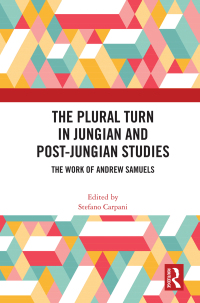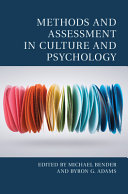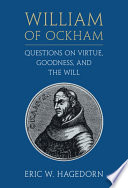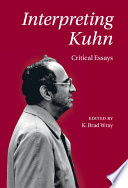Buy The Plural Turn in Jungian and Post-Jungian Studies: The Work of Andrew Samuels 1st Edition PDF ebook by author Routledge – published by Routledge in 2021 and save up to 80% compared to the print version of this textbook. With PDF version of this textbook, not only save you money, you can also highlight, add text, underline add post-it notes, bookmarks to pages, instantly search for the major terms or chapter titles, etc.
You can search our site for other versions of the The Plural Turn in Jungian and Post-Jungian Studies: The Work of Andrew Samuels 1st Edition PDF ebook. You can also search for others PDF ebooks from publisher Routledge, as well as from your favorite authors. We have thousands of online textbooks and course materials (mostly in PDF) that you can download immediately after purchase.
Note: e-textBooks do not come with access codes, CDs/DVDs, workbooks, and other supplemental items.
eBook Details:
Full title: The Plural Turn in Jungian and Post-Jungian Studies: The Work of Andrew Samuels 1st Edition
Edition: 1st
Copyright year: 2021
Publisher: Routledge
Author: Routledge
ISBN: 9781003058212
Format: PDF
Description of The Plural Turn in Jungian and Post-Jungian Studies: The Work of Andrew Samuels 1st Edition:
“This unique book showcases the cutting-edge work of researchers in Jungian and post-Jungian studies, focusing on the advances being made at the University of Essex, UK, and operating as a festschrift for Professor Andrew Samuels. The Plural Turn in Jungian and Post-Jungian Studies includes contributions from innovative authors who specialise in Jung but incorporate ideas from other psychoanalytic schools and from a range of disciplines. The book includes chapters which shed new light on concepts including alchemy, archetypes and individuation and which examine art, relationships and politics. It both honours the work of Andrew Samuels and sets the foundations of an ‘Essex School’ of Jungian studies. A wide-ranging collection, this book will be essential for academics and scholars of Jungian and post-Jungian studies. It will also be a key title for all readers with an interest in the work of Andrew Samuels”–





